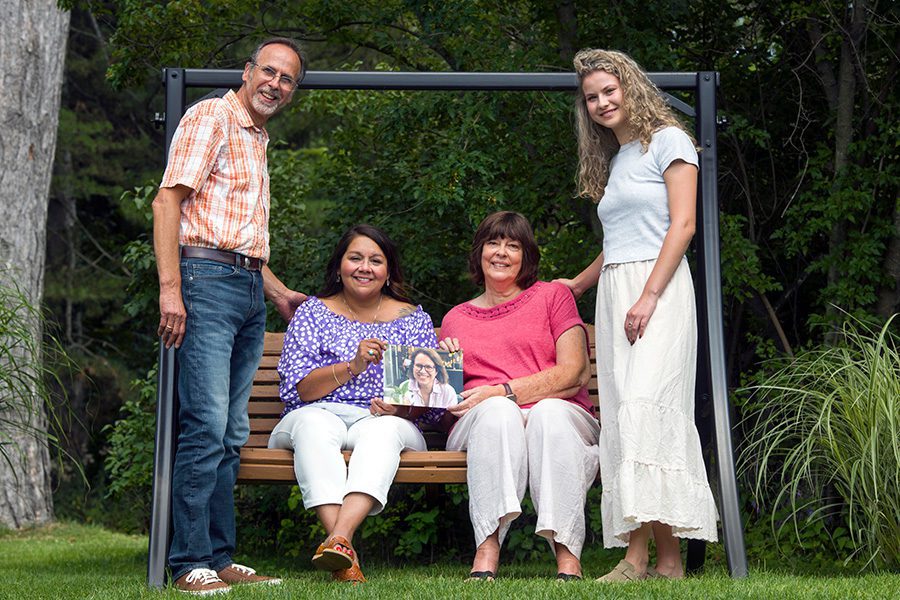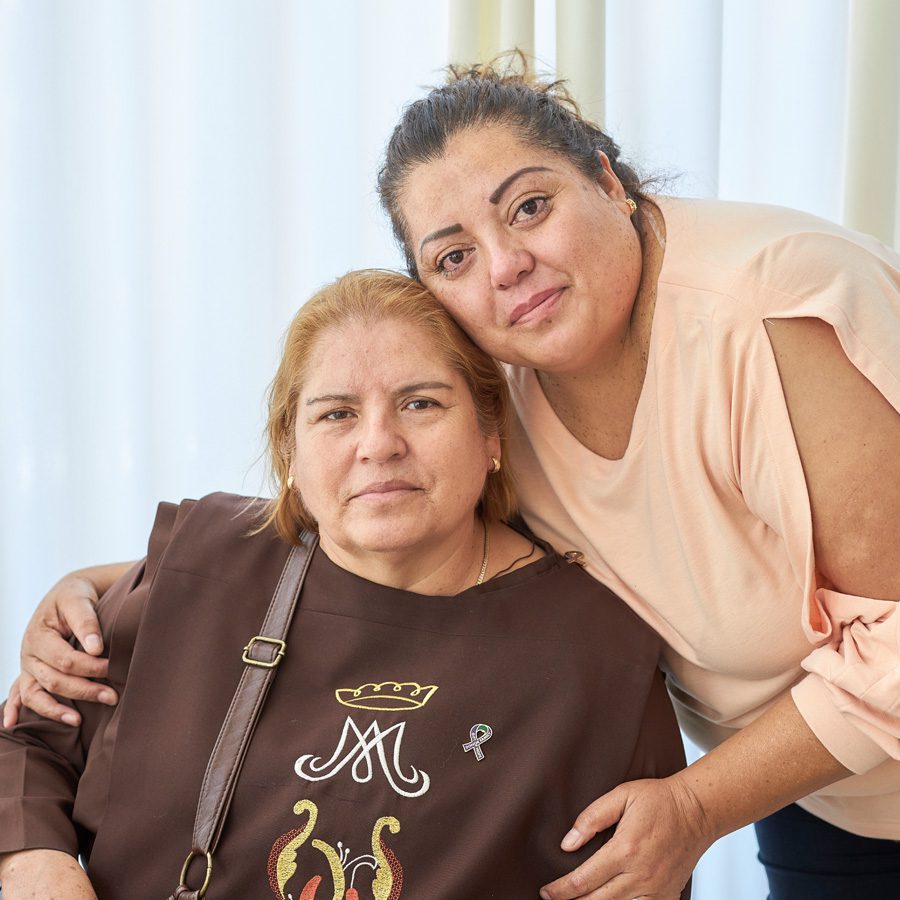Organ and tissue donation trends and the waiting list
Thousands of people are waiting for a lifesaving organ transplant. Registering as an organ and tissue donor takes just minutes and can make a difference for those in need.
Why organ and tissue donation is needed now more than ever
The demand for organ and tissue transplants continues to grow with increasing rates of chronic diseases, aging populations—and continued medical innovation that makes transplantation a viable option for those in need. More people are added to the waiting list every day.
By becoming a donor, you could give someone the greatest gift—more time with their loved ones.

The need for organ and tissue donors
- One person can save up to 8 lives as an organ donor, heal more than 75 lives as a tissue donor and restore sight for 2 people.
- More than 104,000 adults and children are on the national waitlist, waiting for a life-saving organ transplant.
- In Illinois and Indiana, more than 5,000 adults and children are waiting for a second chance at life. About 4,000 of them are waiting in Illinois.
- Nearly 60% of adults and children waiting for a life-saving organ transplant are from minoritized communities.
- More than 95% of people support organ & tissue donation, but fewer than 60% are registered to be donors.
- Only 3 in 1,000 people die in a way that allows for organ donation after their death. None of us know how and when our death will occur. That’s why it is so important to register as a donor—so your decision is clear when the time comes and donation may be medical possibility.
- Each day, 16 people die waiting for a life-saving organ transplant, and a new name is added to the transplant waiting list every 7.5 minutes.
- More than 48,000 organ transplants were performed in the U.S.
- In 2024, 526 individuals and their families made possible 1,495 life-saving organ transplants in the northern three-quarters of Illinois and northwest Indiana.
- On average, 132 organ transplants are performed in the U.S. each day.
Know the facts about organ donation
Understanding organ donation facts helps you make informed choices. Learn more about how organ donation works and its impact on saving lives.

Does being a registered donor affect my medical care?
No, being a registered donor never affects the medical care you receive. Hospital and emergency medical personnel focus solely on saving lives and do not have access to check donor registries. Only after all lifesaving efforts have been exhausted is Gift of Hope contacted to evaluate the possibility of donation after death.

Will being a donor cost me or my family anything?
No, there is no cost to donors or their families for organ donation. Federally designated organ procurement organizations like Gift of Hope are highly regulated, and cover all costs associated with the donation.

Can I still have an open casket funeral if I’m an organ and tissue donor?
Yes, being an organ and tissue donor does not prevent an open casket funeral. The donation process is done with great care, and your funeral arrangements will not be affected.



More than 29,000 lives saved
Through the generosity of those who have said “yes” to donation, Gift of Hope has saved the lives of more than 29,000 through organ and tissue transplant. Join us in offering hope to the thousands of people waiting for a compassionate donor to give them another chance at life.
